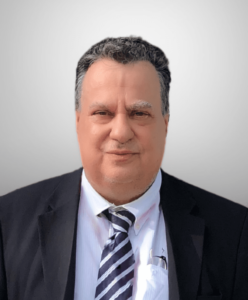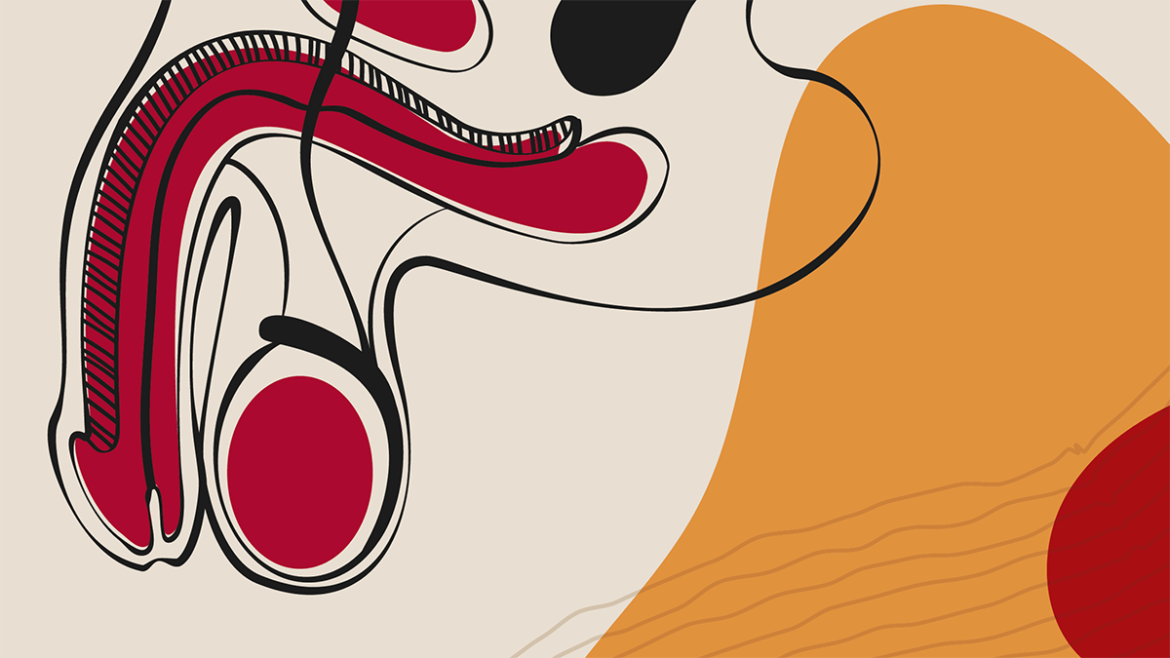“The EAU considers the urologist to be the appropriately trained physician to administer testosterone to the male, so its administration is a key point in our scientific programme in Florence,” says ESAU Chair Prof. Nikolaos Sofikitis.
The EAU Sections of Genito-Urinary Reconstructive Surgery and Andrological Urology (ESGURS and ESAU) are joining forces later this year for a two-day scientific meeting in Florence, Italy. The discounted late fee registration is available until 9 November. The meeting will take place on 23-24 November and is preceded by the ESU-ESAU-ESGURS Masterclass on Erectile restoration and Peyronie’s disease on the 22nd.

“In particular, we will emphasise the role of testosterone as a source of energy and youth in the male. We have a whole session devoted to this topic and I can already reveal some of the points of discussion in Florence.”
The session, which will take place on Friday, 24 November from 9.00-11.10 will be chaired by Dr. Marij Dinkelman-Smit (NL) and Prof. Andrea Salonia (IT). This is one of several ESAU-organised sessions in the ESGURS-ESAU23 Scientific Programme which, together with live surgery and joint scientific sessions will cover the full spectrum of male fertility.
Testosterone and male health
“Testosterone is an important sex hormone in all ages,” says Prof. Sofikitis. “Low foetal androgen levels in pregnancy may result in genital defects or abnormalities. Peripheral serum testosterone levels affect pubertal development. Reduced libido, sexual dysfunction, and mood and cognitive function are caused by low peripheral serum testosterone profiles.”
“Testosterone is also a very important hormone for the stimulation of the secretory function of Sertoli cells and the completion of the spermiogenesis process. The optimal intra-seminiferous tubular biochemical environment is important for the completion of the first and the second male gamete meiotic division and the completion of the metamorphosis process of the early haploid male gamete to generate an elongated spermatid.”
“Exogenous testosterone administration results in lower intratesticular testosterone profiles and the development of hypospermatogenesis or even azoospermia. Furthermore, lower intratesticular testosterone profiles attributable to the administration of exogenous testosterone impair the elongation of the round spermatid within the rat seminiferous tubules.”
“Furthermore, in rats, low intratesticular testosterone levels due to the administration of exogenous testosterone result in disruption of the spermiation process and the subsequent ejaculation of round spermatids. Men with a desire to father their own children should not be treated with testosterone. Exogenous testosterone administration enhances sexual desire and optimal relaxation of the corpora cavernosa. Testosterone plays an important role in the mechanisms of penile erection.”
Molecular mechanisms
According to Prof. Sofikitis, testosterone influences sexual function via multiple molecular mechanisms: “Testosterone upregulates nitric oxide synthase to facilitate nitric oxide production, leading to smooth muscle relaxation. Additionally, testosterone maintains the neural and vascular architecture of the penis and it regulates the plasticity of the cavernous nerve and pelvic ganglia. Its administration also has beneficial effects on erectile dysfunction because of the vascular effects of testosterone. It has additional protective effects on the degeneration of corpora cavernosa from diabetes mellitus and aging and it is of paramount importance that testosterone maintains peripheral plasma PDE5 profiles within the normal values.”
“In the past, exogenous testosterone administration was not indicated in males with a history of previous or current prostatic cancer. On the other hand, it has never been unequivocally accepted that prostatic cancer may be induced by exogenous testosterone administration. It appears that there is no link between high endogenous testosterone profiles and prostatic cancer. Testosterone can be exogenously administered to males with non-severe LUTS (i.e., mild to moderate LUTS).”
Because of the important actions of testosterone as a source of physical strength and happiness, an entire session will be devoted to the effects of testosterone on the male. Other andrology-related topics that will be covered in the scientific programme include hormonal and non-hormonal pharmaceutical agents for the amelioration of male fertility, and the effects of antioxidants on sperm parameters in infertile males. The reconstructive programme features mainly live surgery and head-to-head comparisons of various surgical techniques and instruments.

